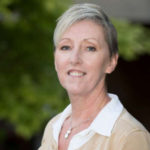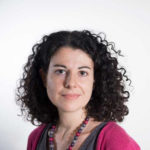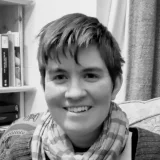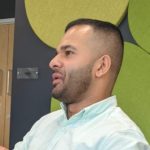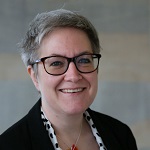Date: Wednesday 12 October 2022
Time: 17:00-19:00
Venue: Grimond Lecture Theatre 2
Join us at the University of Kent for this special event to celebrate the launch of the Centre of Health and Medical Humanities. The Centre brings researchers, tutors, practitioners and students from across the University to explore this important and growing field of study.
The event’s centrepiece is an exclusive public lecture by the author of the bestselling Unwell Women: A Journey Through Medicine and Myth in a Man-Made World, Dr Elinor Cleghorn. This is a wonderful opportunity to hear from a celebrated and renowned expert. A drinks reception will follow the main part of the event, offering the chance to network, discover new ideas and connect with colleagues.
everybody with an interest in medicine, health and the humanities are cordially welcomed to join us for this exciting event.
For further information, please contact our Centre Directors at chmh@kent.ac.uk.

